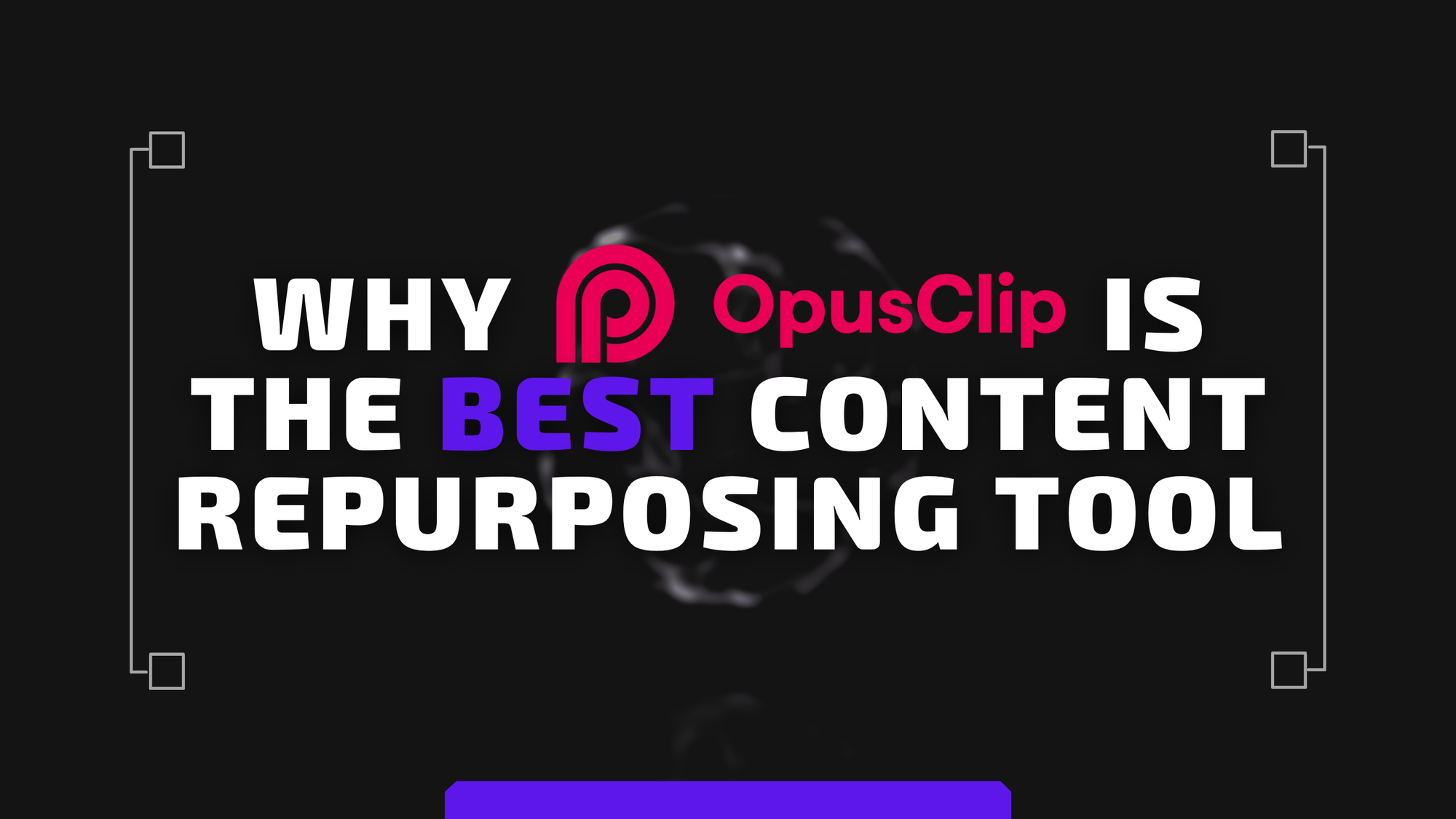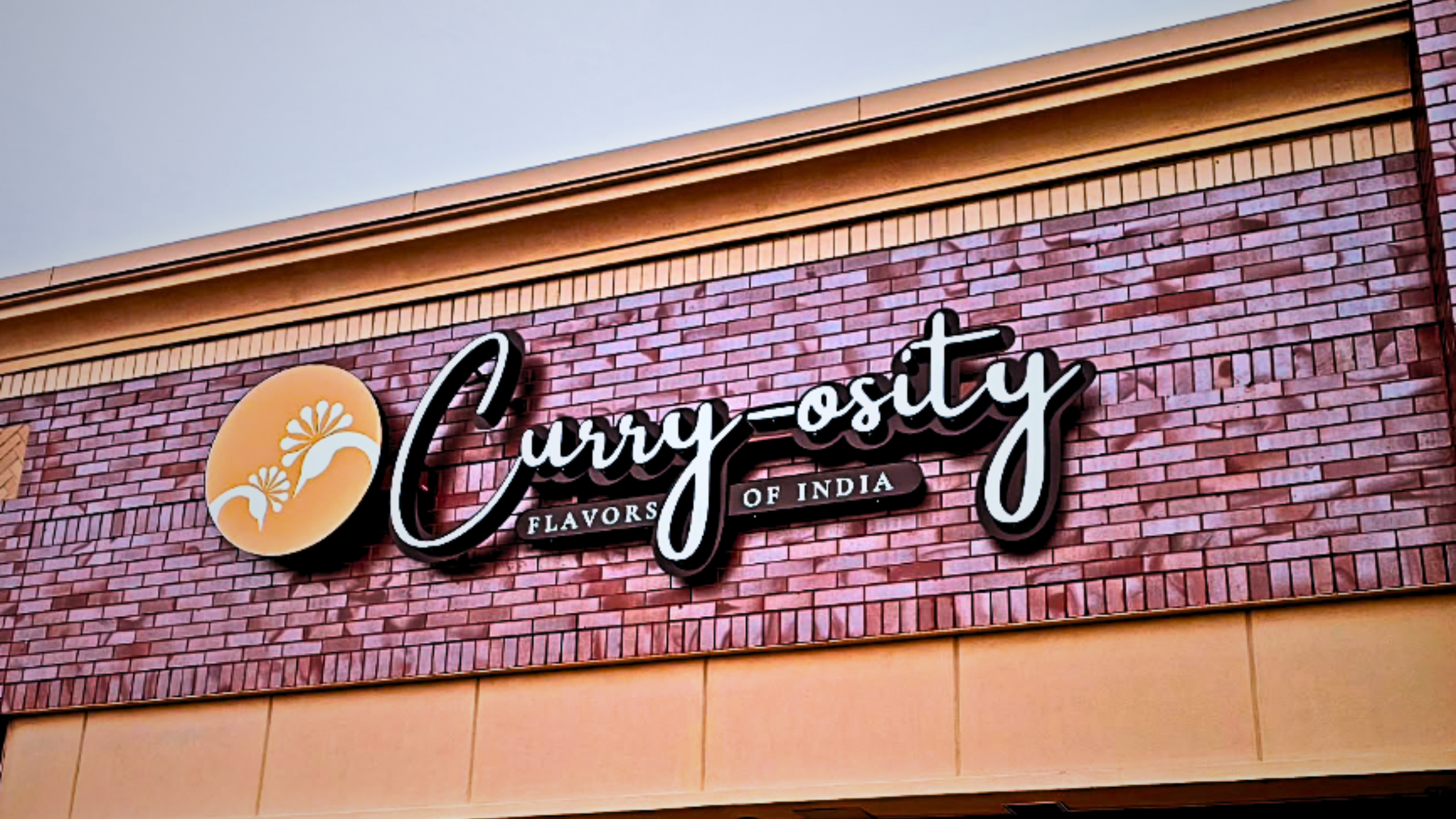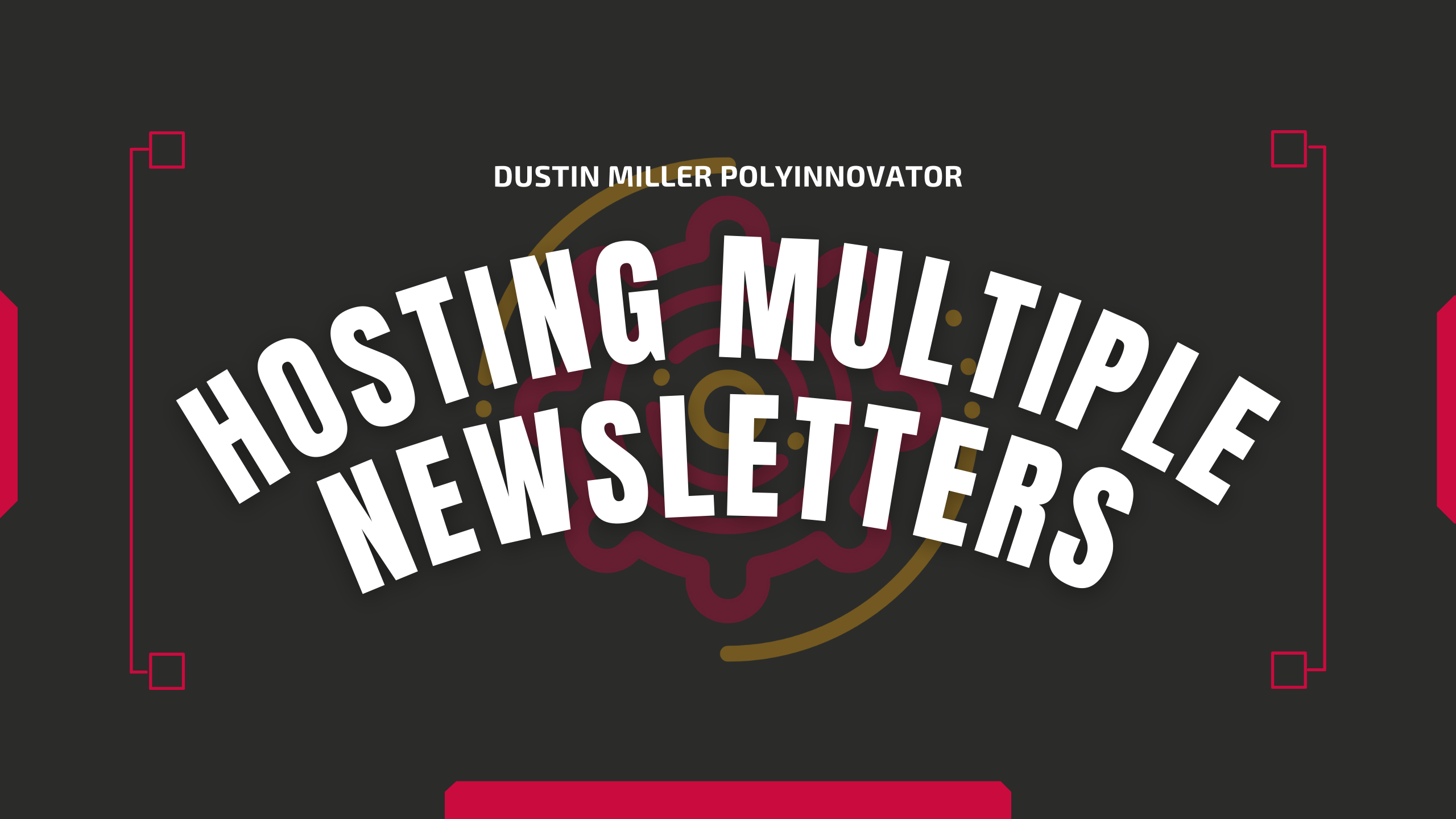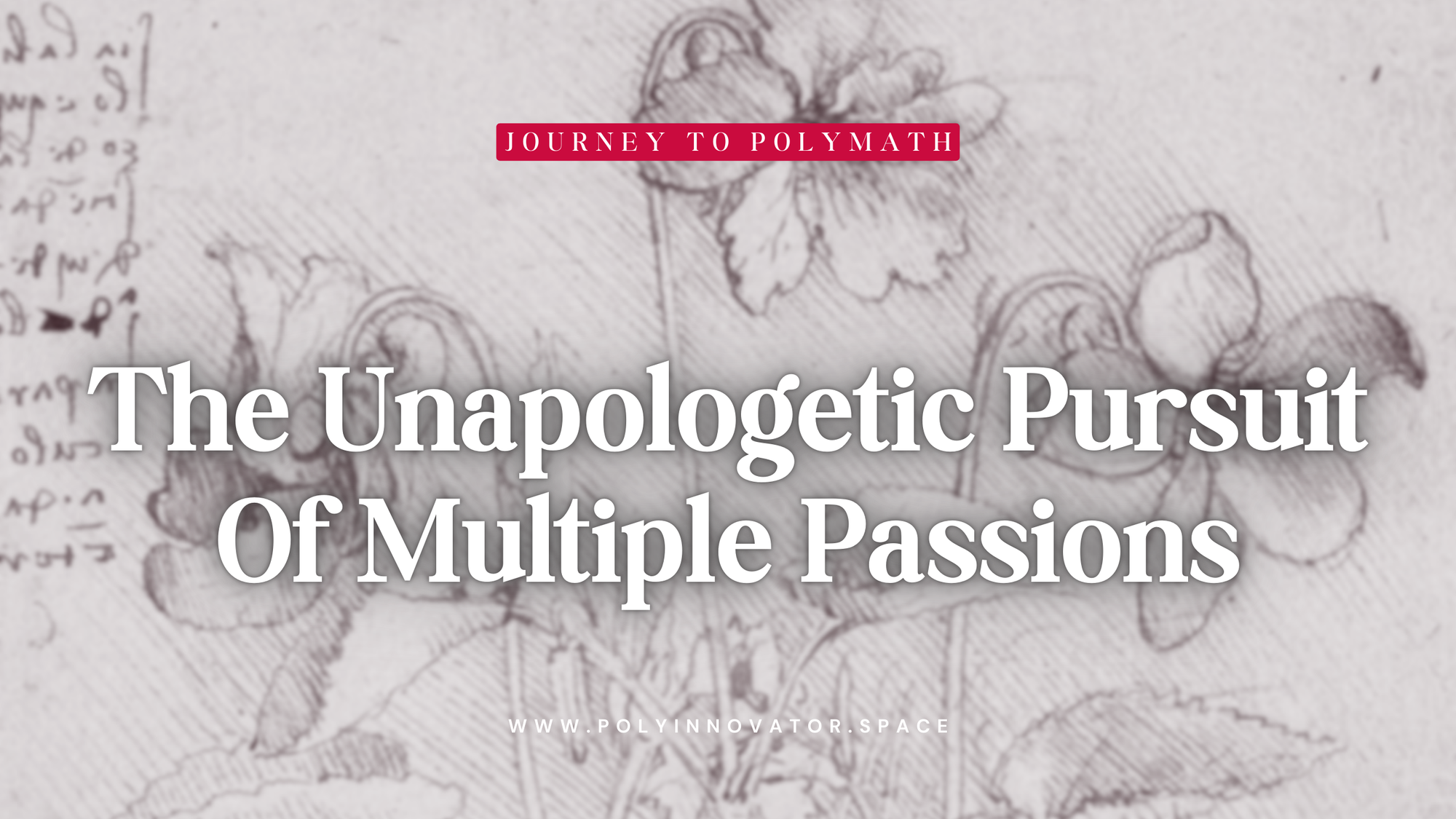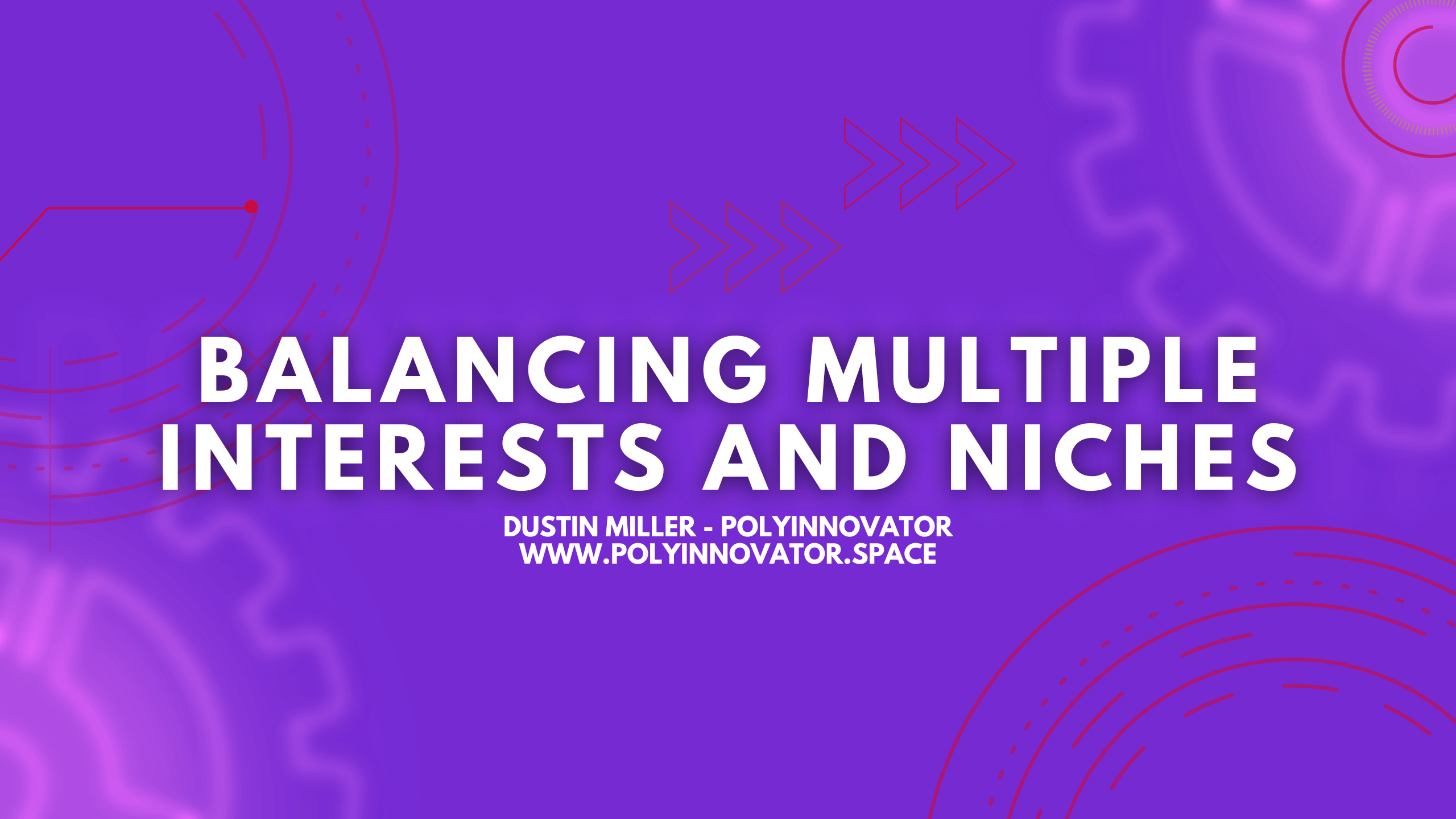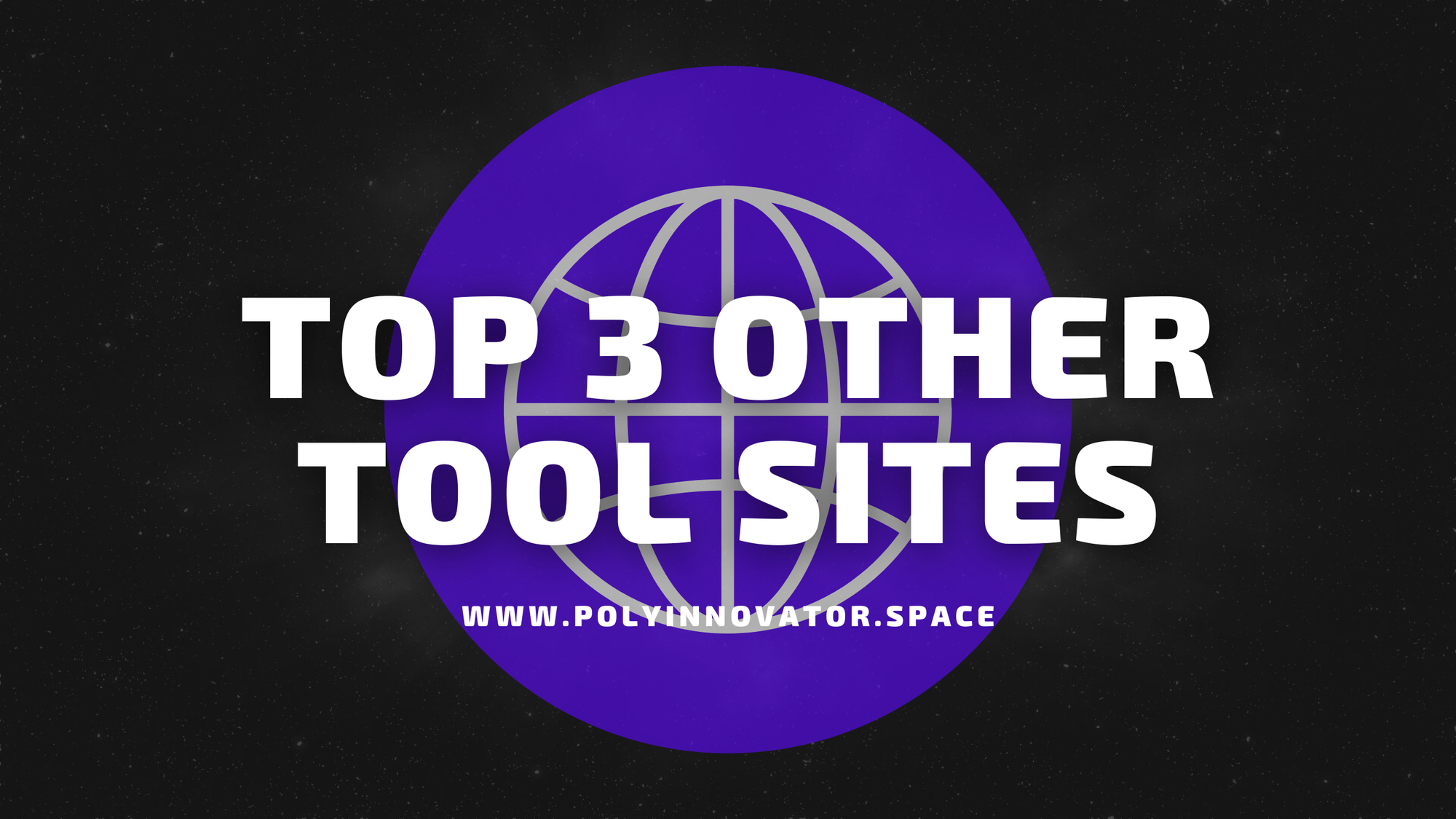The idea of an Life OS is quite similar to a "second brain", as it is mainly a secondary system for every aspect of your life.
When you start to keep track of tasks, people, data, and notes all in one place. Something great starts to happen... idea emergence. It is when the synergy of all of those things coming together creates something new. At least new to you.
When you are a polymath it becomes brutally clear that you need a system to organize all of the many areas of your life. Have people become polymaths without systems? Sure, there has bound to be a handful of them, but most of them had SOMETHING. Even Da Vinci had his notebooks.
What is a Life OS?
This is how you dramatically increase your capacity for DOING. By building out your life in a separate system than from your biological computer (brain). Then you are able to essentially mind dump out of your head, and let things start to build in the back burner.

I'll have more examples of other creator's Life OS templates, as well as my own at the bottom. I want you to get the best starter for YOU, will that be the PIOS? Probably, but I want that discovery to be yours.
Basic Concept
Most of them will have a dashboard that you regularly see. For me I wanted to have my calendar front and center. In my professional opinion the calendar view of Notion, is one of their most powerful features. I really wish Capacities would copy it! You'll notice that there are two in my PIOS screenshot above, and that is because you can't merge the views sadly.
I have it set up with the Modular Degree (input), the task database (holistic), and the content database (output).
Role of a Life OS
To take down notes, ideas, and information (like your learning), then transform it into either your own personal notes or public content.
To be a system of transformation, not just for information, but in turn yourself.
The Need for a Life OS in Polymaths
I really think everyone needs one, not just polymaths, but given that I particularly care about the polymathic community of the world. They are the ones I am marketing to with these posts.
The deeper you understand something, then the more of an expert you are. The more areas that you are an expert in (and doing something with that knowledge), then the more of a polymath you are too.
Managing Diverse Interests
By having this "Phases" concept in the PIOS it allows you to interleave (if necessary), or plan out your various expertise.
Within each phase are your goals, projects, and tasks to accomplish what you deem to be the "big project" of that phase. What do you want to accomplish in that field? Is it as big as a dissertation? Or is it something like a website or ebook? Regardless of size, that is your goal to accomplish, and along that way you can create smaller bits of content leading up to the release of your big thing.
Take that same structure and apply it to any particular field, and then you times that by however many fields/phases you are wanting in life. Now you don't have to do them all at once, and in fact until you're more entrenched into them I'd advise against it.
Integrating Knowledge Across Disciplines
When you have a system to keep track of all of your notes and files, then cross examination can start taking place. Such as in Obsidian for example you could have a doc that is "field A with context of psychology" for example, then another doc that is "field B with the context of psychology". Despite them being of two different fields or disciplines, the shared context will allowed them to be related to each other.
In that connection, you may find an idea or innovation, that was not found before.
Principles of a Polymath Life OS
We've talked about what a Life OS brings a person, but in a Polymath's life OS there are far more opportunities due to the wider range.
Flexibility
One common trait that I've seen after interviewing over 100 people on the Polymath PolyCast. Is that your interests and tasks are subject to change.
Many in fact really prefer a calendar like myself. That gives you a flexibility over a purely task management focused solution.
Even in that own person's life they would tell me that they have evolved so much over the past year. While specialists do experience that too, I think the amount is far greater when you are more generalist.
Constant Learning
With the ever changing interests and curiosities, it can be hard to keep track of them all. Let alone keep up progress, and avoid letting them slip through the cracks.
By having a tool like the Modular Degree to help you interleave, spaced repetition, and organized by content type. You have a much more powerful method to take in new information.
Concluding Thoughts
System system system, you keep saying that word, but what does it even mean? I hope that after this post you have a better understanding of what I mean. If not then perhaps check out more below.
The point is that while specialists need a tool for progression... generalists need it even more.
Here are the links:

$50 but you can download the Modular Degree and Content Ecosystem templates for free
I don't think any of these are free

Plenty of customization | $50

Extremely powerful and thought out, but a bit complicated | Free* if you sign up for newsletter

Doesn't seem as robust | $129
![Official Website for Dustin Miller PolyInnovator [LLC]](https://polyinnovator.space/content/images/2025/03/polyinnovator-logo-2024.png)








